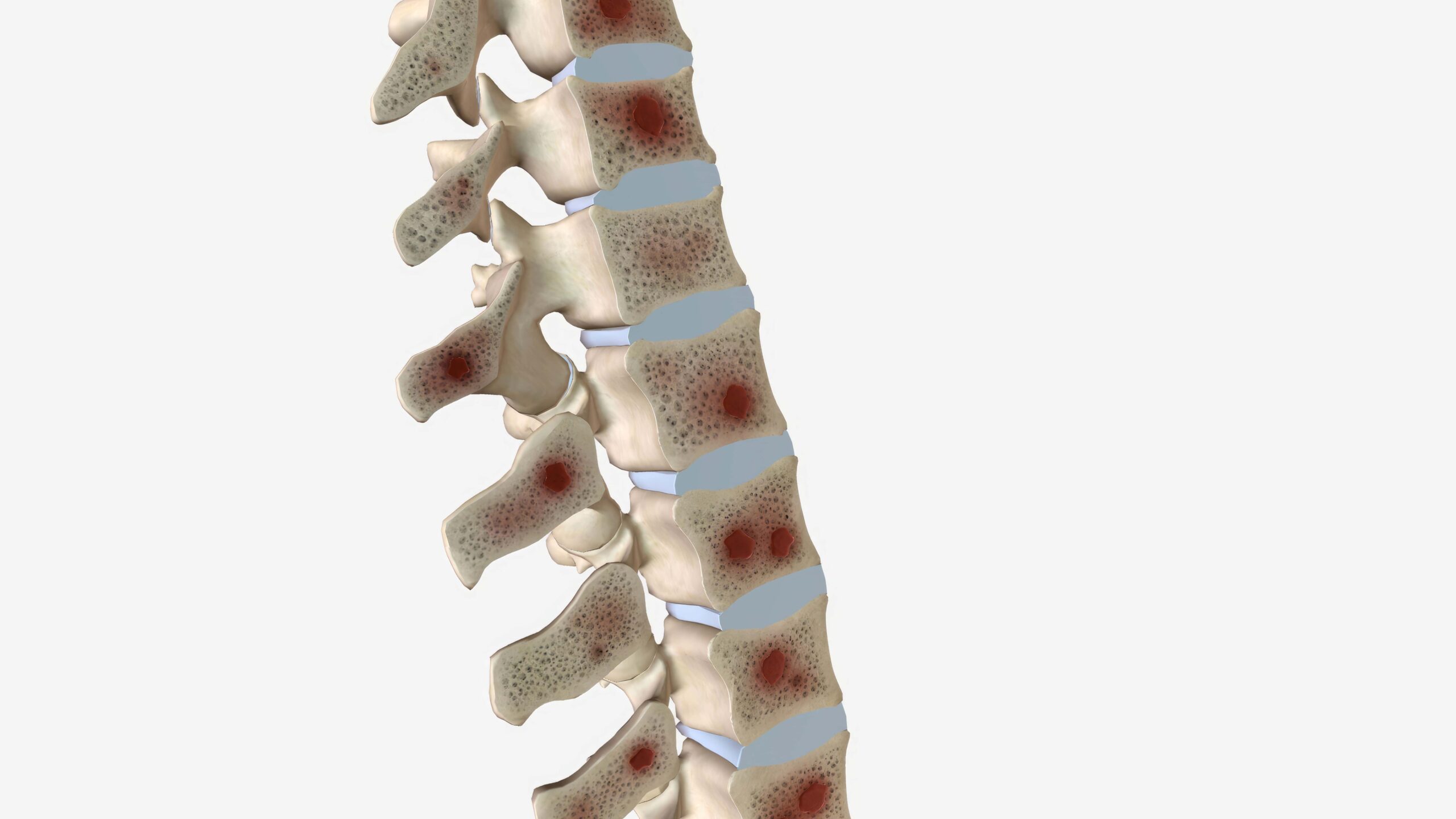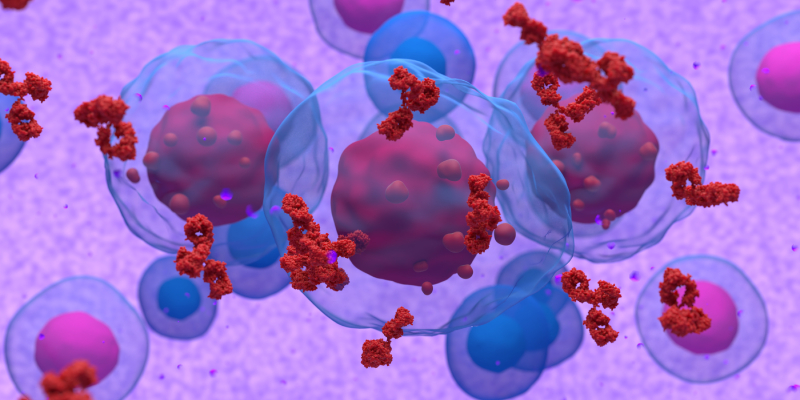
Patients with relapsed or refractory multiple myeloma (RRMM) treated with subcutaneous teclistamab, the first B-cell maturation antigen (BCMA) bispecific antibody, maintained durable remissions after switching from once weekly to once every other week dosing, according to data from the phase I/II MajesTEC-1 study.
Data were presented at JADPRO Live in Orlando by Jessica Cheadle, NP, Johnson & Johnson Innovative Medicine. Cheadle stated that patients who switched dosing schedules achieved a median duration of response of 20.5 months from the date of switch.
Biweekly Teclistamab Shows Comparable Performance
Participants in MajesTEC-1 had RRMM and had received at least three prior lines of therapy including a proteasome inhibitor, immunomodulatory drug, and anti-CD38 antibody. Prior BCMA-targeted therapy was excluded.
A total of 165 patients received the recommended phase two dose of teclistamab 1.5 mg/kg once weekly. Participants could switch to once every other week dosing if they achieved a confirmed partial response (PR) or better after four or more cycles of treatment in phase I, or a confirmed complete response (CR) or better for six or more months in phase II.
Among 104 patients who responded per International Myeloma Working Group 2016 criteria, 60 opted to switch to once every other week dosing. Among these, 50 met the response criteria and 10 did not—four due to adverse events (AEs) and six due to other reasons.
The group that switched was 58% male with median age of 64 years and four prior lines of therapy. Additionally, 25% had high-risk cytogenetics, 7% had extramedullary plasmacytomas, 3% had stage III disease at baseline per International Staging System criteria, and 75% were triple-class refractory. At the time of switch, 49 (82%) patients achieved CR or better and 11 (18%) had a very good partial response. The median duration of once weekly dosing until switching was 11.1 months (range, 3-20).
Over a median follow-up of 11.1 months (range, 2-24) after switching, the median duration of response was 20.5 months (range, 1-23), and 40 out of the 60 patients were still in remission and continuing treatment. Authors reported 13 of the remaining 20 patients had disease progression, two discontinued due to AEs, one due to other reasons, and four due to death.
Overall, the authors suggested “a less frequent dosing schedule offers added convenience and flexibility to patients, physicians, and caregivers.”
Reference
Usmani S, Karlin L, Benboubker L, et al. P881: JL1101EH Durability of responses with biweekly dosing of teclistamab in patients with relapsed/refractory multiple myeloma achieving a clinical response in the MajesTEC-1 study. Poster presented at: JADPRO Live; November 9-12, 2023; Orlando, FL.






 © 2025 Mashup Media, LLC, a Formedics Property. All Rights Reserved.
© 2025 Mashup Media, LLC, a Formedics Property. All Rights Reserved.